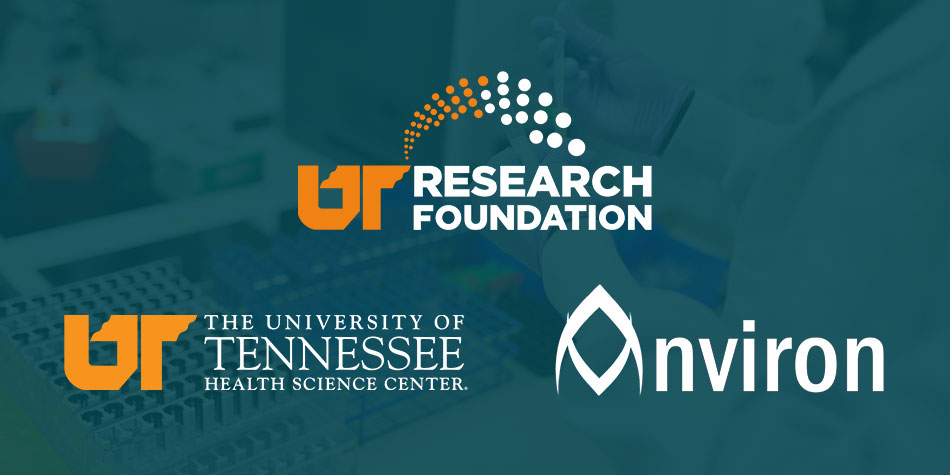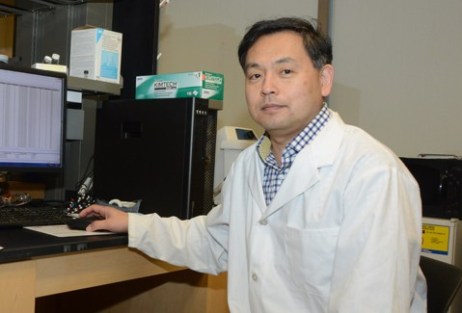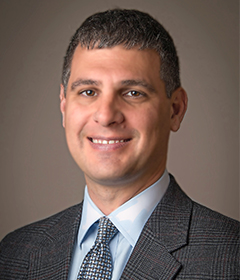A Mission for Making Good Medicine
The University of Tennessee Research Foundation (UTRF), the University of Tennessee Health Science Center (UTHSC), and biotech therapeutics startup Anviron recently announced a partnership to commercialize a novel treatment with promising efficacy against pancreatic cancer tumors.

According to the Genetic and Rare Diseases Information Center, the total number of Americans living with a rare disease like pancreatic cancer is estimated between 25-30 million. Though collectively this number is staggering, it represents 7,000 distinct rare diseases, or conditions affecting fewer than 200,000 people. Because of marginal market size, many of of these orphan diseases have yet to be adopted by drug companies for treatment development.
Enter Anviron, a startup company that specializes in partnering with world-class research institutions to identify, secure, and futher develop promising orphan disease therapies.
The search for synergistic disease drugs to bridge the treatment gap led Anviron to reach out to UTRF about the work of Dr. Michio Kurosu and clinical partner Dr. Evan Glazer at UTHSC. Kurosu, a medicinal chemist and professor in the Department of Pharmaceutical Sciences, is working on designing and testing new small molecules with disease-relevant protein targets. Glazer is an assistant professor of surgery in the College of Medicine and principal investigator at the Center for Cancer Research.

“Cancer patients suffer twice; the cancer itself is debilitating but the side effects of the cancer treatments are nearly as awful,” comments Anviron President and CEO Bradly Morrison. “Pancreatic cancer is a disease where progress is slow going and breakthrough therapies are desperately needed – and the UTHSC team has developed a therapy that shows great promise in its efficacy as well as low toxicity.”
Of particular interest to Anviron, Kurosu and his team developed a novel DPAGT1 inhibitor, designated ANV221, which has proven effective against a wide range of solid tumors through in vivo studies. The team has established a convenient testing method against DPAGT1 and in vitro screenings with a series of cancer cells. They have also developed scalable syntheses of DPAGT1 inhibitors for in vivo testing.
DPAGT1 inhibitors can hence provide a path for cancer treatment.

“DPAGT1 has never been established as the drug target of anticancer chemotherapeutics,” Kuruso expounds. “If ANV221 is advanced to phase clinical studies, DPAGT1 inhibitors will receive significant attention from several big pharmaceutical companies. We are the only group that has technologies to discover selective DPAGT1 inhibitors.”
Most cancer drugs work by disrupting some critical process in the fast-growing cancer cells; in this case, Kurosu’s approach focuses on a novel glycosylation mechanism that is particularly relevant in certain types of cancers that highly express the DPAGT1 protein. Pancreatic cancer is one example and the first indication pursued by the team due to high clinical need and Glazer’s expertise in the area.

“Targeting the DPAGT1 enzyme is a unique and important objective to personalize care against pancreatic and other cancers,” explains Glazer. “DPAGT1 is a critical enzyme for cellular processes; we seek to exploit differences between cancer cells and normal cells in order to develop effective therapies against cancers with limited effects on normal cells.”
In December of 2020 UTRF and Anviron executed an exclusive, world-wide license adding ANV221 to Anviron’s pipeline of orphan disease therapies. For UTRF, the agreement exemplifies the value of partnerships between universities and industry, while highlighting the valuable role of technology transfer in bringing products to market.

“Researchers have made considerable progress in learning how to treat a variety of rare diseases; however, there is still much work to do in terms of getting effective treatments for patients to the market,” UTRF Vice President Richard Magid notes. “A driving focus of technology transfer is to advance life-saving products on the path to market, and we believe in the potential of this partnership with Anviron to accomplish that goal.”
Since the execution of the agreement, Anviron has been busy advancing ANV221. The team is currently working to advance regimens of safety and toxicology tests, while also planning for human trials, establishing initial target populations, writing protocols, and enrolling participating hospitals. Additionally, Ancviron is actively seeking investment partners with a focus in oncology and immunotherapy, not just for capital but for expertise and guidance in the hard work of developing safe and effective medicines.
“It is a long road but we are constantly reminded that there are people fighting for their lives right now,” remarks Morrison. “That’s why our mission is ‘Making good medicine.’ Companies make a million decisions. When finding the right answer is difficult, the mission serves as the moral compass for the company, providing both guidance and inspiration.”